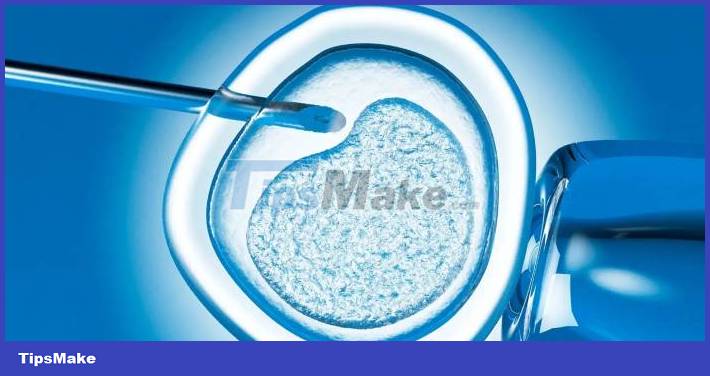For the first time, a 'complete' human embryo has been created without the need for eggs or sperm
Scientists in Israel have successfully created human embryos in the laboratory with only stem cells, without eggs or sperm. The results are shared in a report in the journal Nature.

The resulting embryo is in the form of a small ball of tissue, with similar characteristics to a 14-day-old real human embryo, the time when the embryo begins to develop into organs in the body.
To be sure, scientists used a pregnancy test to check whether there were hormones produced by the embryo, and the result was positive.
Professor Jacob Hanna, who led the research at the Weizmann Institute in Israel, said the tissue balls were about 0.5mm wide after 2 weeks.
Although these structures are not exactly like human embryos, researchers hope they will soon be perfected to help learn more about the mysteries of the first month of pregnancy and the causes of miscarriage. Unknown. In addition, scientists can also easily grasp the level of impact on the fetus if drugs are used during this period or exposed to different factors.
This highly regarded work will pave the way for advances in reproductive technology and pharmaceutical testing.
However, Dr. Peter Rugg-Gunn, who studies embryonic development at the Babraham Institute near Cambridge, also noted that not all features of early human embryos have been perfectly copied.
You should read it
- ★ A better understanding of how to help two men have children without women
- ★ Sperm and eggs will not be able to meet if this compound is encountered
- ★ Round the eyes to see the chicken heart pounding inside the egg
- ★ The dramatic swimming competition of 300 million sperm comes to see eggs under a humorous perspective
- ★ Storing stem cells from baby teeth can save your baby in the future